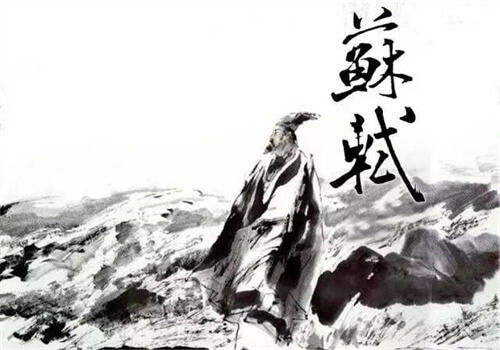 冬景[1]
冬景[1]
苏轼
荷尽已无擎雨盖[2],
菊残犹有傲[3]霜枝。
一年好景君须记,
最是橙黄橘绿[4]时。
注释:
[1] 这是诗人赠刘季孙的诗,说明一年四季各有其美:春花夏荷,秋菊冬梅,初冬时荷花已尽,菊花已残,梅花未开,但正是橙橘结果之时,而开花正预示了结果。
[2] 擎雨盖:形容荷叶可以像伞一样遮雨。擎,托,举。
[3] 傲:经受。
[4] 橙黄橘绿:橙、橘成熟时黄绿相间的景象。
Winter Scene
Su Shi
The lotus puts up no umbrella to the rain;
Yet frost-proof branches of chrysanthemums remain.
Do not forget of a year the loveliest scene
When oranges look like gold and tangerines jade-green.

《赠刘景文》是北宋文学家苏轼创作的一首七言绝句。这首诗作于元祐五年(公元1090年),是送给好友刘景文的一首勉励诗。此诗前半首说“荷尽菊残”仍要保持傲雪凌霜的气节,后半首通过“橙黄橘绿”来勉励朋友困难只是一时,乐观向上,切莫意志消沉。抒发作者的广阔胸襟和对同处窘境中友人的劝勉和支持,托物言志,意境高远。
The poem “Winter Scene” is a seven-line poem composed by Su Shi, a writer of the Northern Song Dynasty. The poem was written in the fifth year of Yuan You (1090 AD), and is an encouraging poem to his friend Liu Jingwen. The first half of the poem says that “the lotus is exhausted and the chrysanthemum is in ruins”, but he still wants to keep his temperament of being proud of the snow and the frost, while the second half encourages his friend to be optimistic and not to be depressed by “orange, yellow and green”. It expresses the author’s broad-mindedness and his encouragement and support to his friends in the same predicament.







